₹400.00 – ₹1,375.00
Magnesium Sulphate
(Epsom Salt)
Magnesium Sulphate is also known as Epsom Salt.
Magnesium is a secondary macronutrient that is necessary to both plant growth and health. It is involved in several different processes, including photosynthesis, which nearly all living organisms are dependent on.
Magnesium (Mg), along with calcium and sulfur, is one of the three secondary nutrients required by plants for normal, healthy growth. Don’t be confused by the term “secondary” as it refers to the quantity and not the importance of a nutrient. A lack of a secondary nutrient is just as detrimental to plant growth as a deficiency of any one of the three primary nutrients (nitrogen, phosphorus and potassium) or a deficiency of micronutrients (iron, manganese, boron, zinc, copper and molybdenum). Furthermore, in some plants, the tissue concentration of magnesium is comparable to that of phosphorus, a primary nutrient.
Function of magnesium
Many enzymes in plant cells require magnesium in order to perform properly. However, the most important role of magnesium is as the central atom in the chlorophyll molecule. Chlorophyll is the pigment that gives plants their green color and carries out the process of photosynthesis. It also aids in the activation of many plant enzymes needed for growth and contributes to protein synthesis.
Deficiency: Magnesium is mobile within the plant so deficiency symptoms appear first in older leaves. The symptoms show up as yellow leaves with green veins (i.e. interveinal chlorosis). Magnesium availability is not significantly affected by the pH of a soilless growing medium. However, it does become more available for plant uptake as the pH of the growing medium increases. Magnesium deficiency often is caused by lack of application, but it can be induced if there are high levels of calcium, potassium or sodium in the growing medium.
Toxicity: Magnesium toxicity is very rare in greenhouse and nursery crops. High levels of magnesium can compete with plant uptake of calcium or potassium and can cause their deficiencies in plant tissue.
PRODUCT SPECIFICATIONS :
(i) Free flowing -crystalline form
(ii) Matter insoluble in water, per cent by weight, maximum – 1.0
(iii) Magnesium {as Mg), per cent by weight, minimum – 9.6
(iv) Lead (as Pb), percent by weight, maximum – 0.003
(v) pH (5% solution) 5.0-8.0
(vi) Sulphur (as S),percent by weight, minimum – 12.0
(vii) Purity : > 99%
Description
Magnesium Sulphate is also known as Epsom Salt.
Magnesium is a secondary macronutrient that is necessary to both plant growth and health. It is involved in several different processes, including photosynthesis, which nearly all living organisms are dependent on.
Magnesium (Mg), along with calcium and sulfur, is one of the three secondary nutrients required by plants for normal, healthy growth. Don’t be confused by the term “secondary” as it refers to the quantity and not the importance of a nutrient. A lack of a secondary nutrient is just as detrimental to plant growth as a deficiency of any one of the three primary nutrients (nitrogen, phosphorus and potassium) or a deficiency of micronutrients (iron, manganese, boron, zinc, copper and molybdenum). Furthermore, in some plants, the tissue concentration of magnesium is comparable to that of phosphorus, a primary nutrient.
Function of magnesium
Many enzymes in plant cells require magnesium in order to perform properly. However, the most important role of magnesium is as the central atom in the chlorophyll molecule. Chlorophyll is the pigment that gives plants their green color and carries out the process of photosynthesis. It also aids in the activation of many plant enzymes needed for growth and contributes to protein synthesis.
Deficiency: Magnesium is mobile within the plant so deficiency symptoms appear first in older leaves. The symptoms show up as yellow leaves with green veins (i.e. interveinal chlorosis). Magnesium availability is not significantly affected by the pH of a soilless growing medium. However, it does become more available for plant uptake as the pH of the growing medium increases. Magnesium deficiency often is caused by lack of application, but it can be induced if there are high levels of calcium, potassium or sodium in the growing medium.
Toxicity: Magnesium toxicity is very rare in greenhouse and nursery crops. High levels of magnesium can compete with plant uptake of calcium or potassium and can cause their deficiencies in plant tissue.
PRODUCT SPECIFICATIONS :
(i) Free flowing -crystalline form
(ii) Matter insoluble in water, per cent by weight, maximum – 1.0
(iii) Magnesium {as Mg), per cent by weight, minimum – 9.6
(iv) Lead (as Pb), percent by weight, maximum – 0.003
(v) pH (5% solution) 5.0-8.0
(vi) Sulphur (as S),percent by weight, minimum – 12.0
(vii) Purity : > 99%
Additional information
| Weight | 1.00000000 kg |
|---|

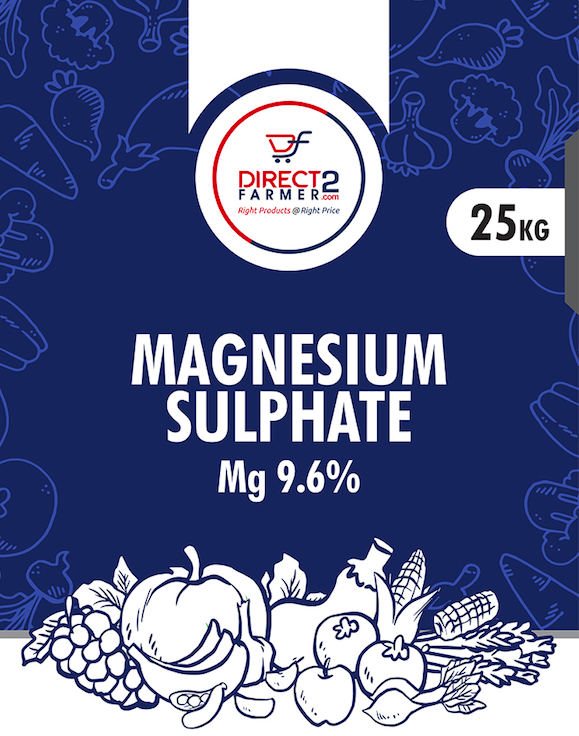
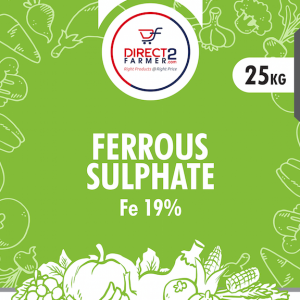
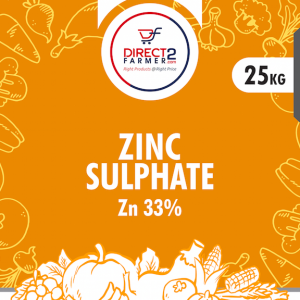
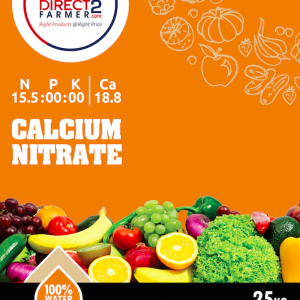
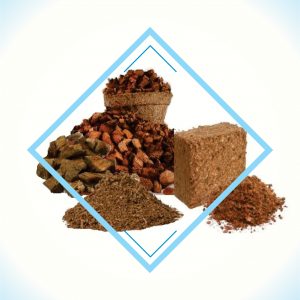
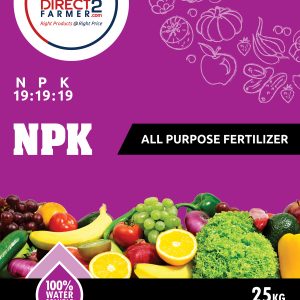
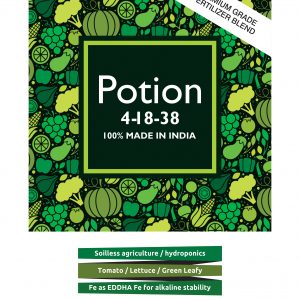
Sanjay (verified owner) –
The Product, The customer service and The Response to any queries is world class.
Extremely delight to see how these guys put customer needs on top priority and accommodate customer requests.
Keep it up folks. With this kind of focus, I am sure you are going to world class and preferred vendor for every farmer.